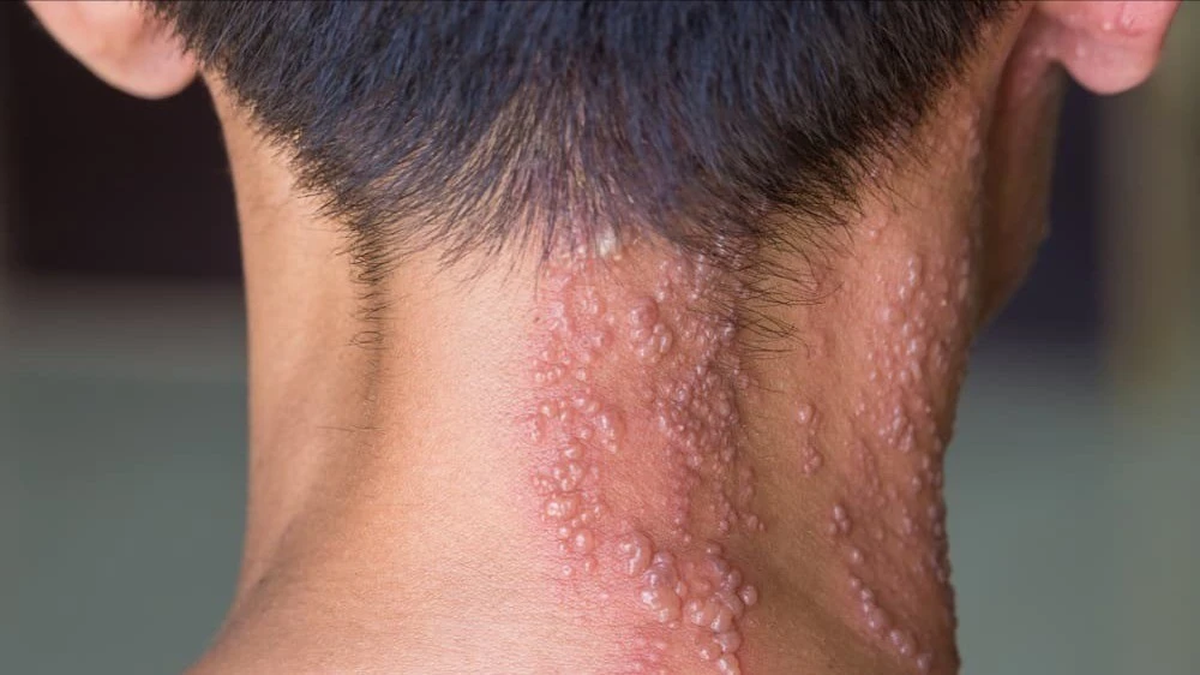Experts say kissing pets or letting pets lick your face is a potentially risky habit that can cause pet owners to contract a number of infectious diseases.
People’s relationships with their pets have changed dramatically in recent decades. According to a comprehensive survey conducted in Australia, 69% of households own at least one pet. People spend around AU$33 billion a year on their care.
Having a pet has many physical and mental health benefits. However, each animal carries infectious diseases that can sometimes be transmitted to humans. For people with good immune systems, the risk is low. However, for pregnant women and people with weak immune systems, the risk of getting sick from animals is higher. The habit of kissing pets and letting pets lick your face can also cause you to get sick.
A study in the Netherlands found that half of owners let their pets lick their faces, and 18% let their dogs sleep in their beds. Another study found that 45% of cat owners let their cats jump on the kitchen sink.
These habits, along with pet kissing, can spread infectious diseases from animals to humans. A 2011 report found that a woman in Japan developed meningitis from a Pasteurella multicoda infection after frequently kissing her dog on the face. Pasteurella multicoda is a type of bacteria commonly found in the mouths of cats and dogs. Children are also more likely to get sick from cats and dogs, because they often put their hands in their mouths after touching pets.

A woman is kissing her pet dog. Photo: Freepik
There are more than 70 pathogens that can be transmitted from animals to humans. Sometimes, pets that carry diseases do not look sick or show obvious symptoms. This makes it easier for owners to become infected. Bacteria, viruses, or parasites can be transmitted to humans directly through saliva, feces, or body fluids, or indirectly through contaminated living environments, bedding, soil, food, or water.
Dogs and cats are common sources of viruses, bacteria, fungi, and parasites that infect humans. In areas where rabies is endemic, such as Africa and Asia, dogs are the main source of rabies through saliva. Dogs also carry Capnocytophaga bacteria in their mouths and saliva, which can be transmitted to humans through close contact or bites. Most people do not develop the disease, but the bacteria can sometimes infect people with weakened immune systems, leading to serious illness and even death. In early September, a woman in Australia died 11 days after contracting the rare bacteria from a dog bite.
Diseases that cats can transmit to humans are usually transmitted through the mouth or feces, such as giardiasis, campylobacteriosis, salmonellosis, and toxoplasmosis. Experts recommend that people wash their hands and use gloves when cleaning the litter box. Cats can also sometimes transmit infections caused by the bacteria Bartonella henselae through bites and scratches.
Both dogs and cats are reservoirs of methicillin-resistant Staphylococcus aureus (MRSA), which causes staphylococcal disease - a global health problem and treatment challenge.
In addition to dogs and cats, birds, turtles, and fish can also transmit diseases. Birds are hosts to the bacteria that cause pneumonia, which leads to psittacosis. Close contact with pet turtles can expose owners, especially young children, to Salmonella infection.
Experts do not oppose keeping and interacting with dogs and cats. However, they recommend methods that can reduce the risk of disease, such as washing hands immediately after playing with pets, after cleaning their bedding, toys and feces. People should not let pets lick their faces or open wounds; and children should be supervised when playing with pets, instructing them to wash their hands immediately after doing so.
Thuc Linh (According to Conversation )
Source link











![[Photo] Nghe An: Provincial Road 543D seriously eroded due to floods](https://vphoto.vietnam.vn/thumb/1200x675/vietnam/resource/IMAGE/2025/8/5/5759d3837c26428799f6d929fa274493)






















































































Comment (0)